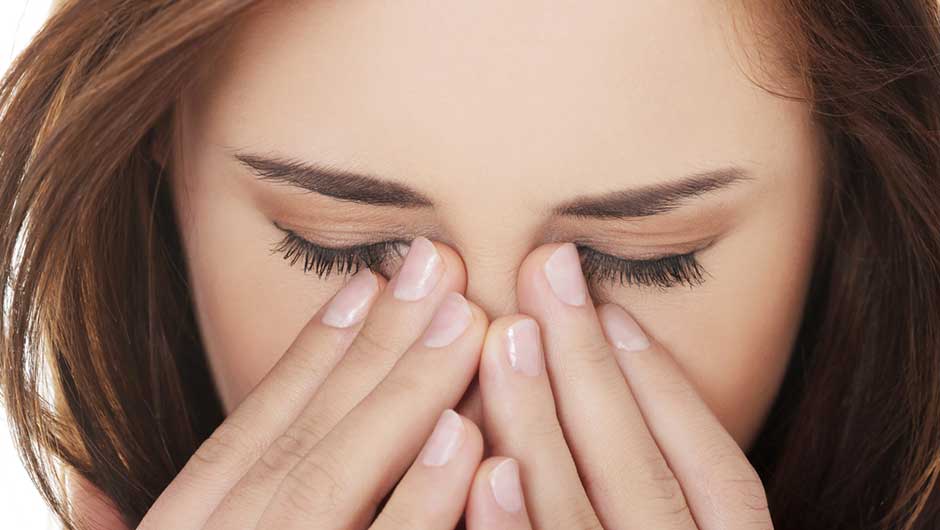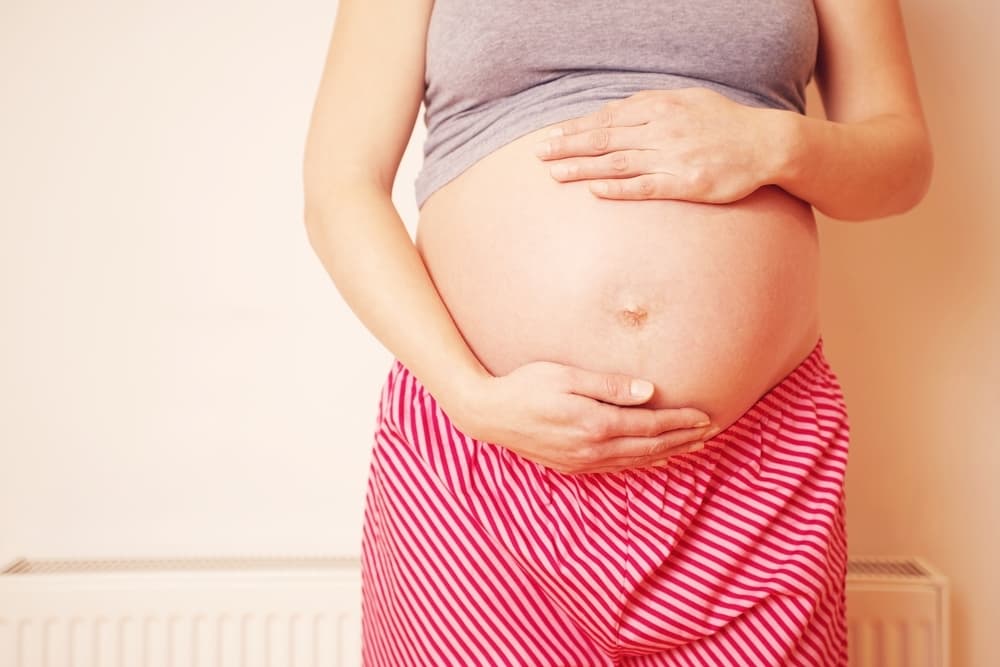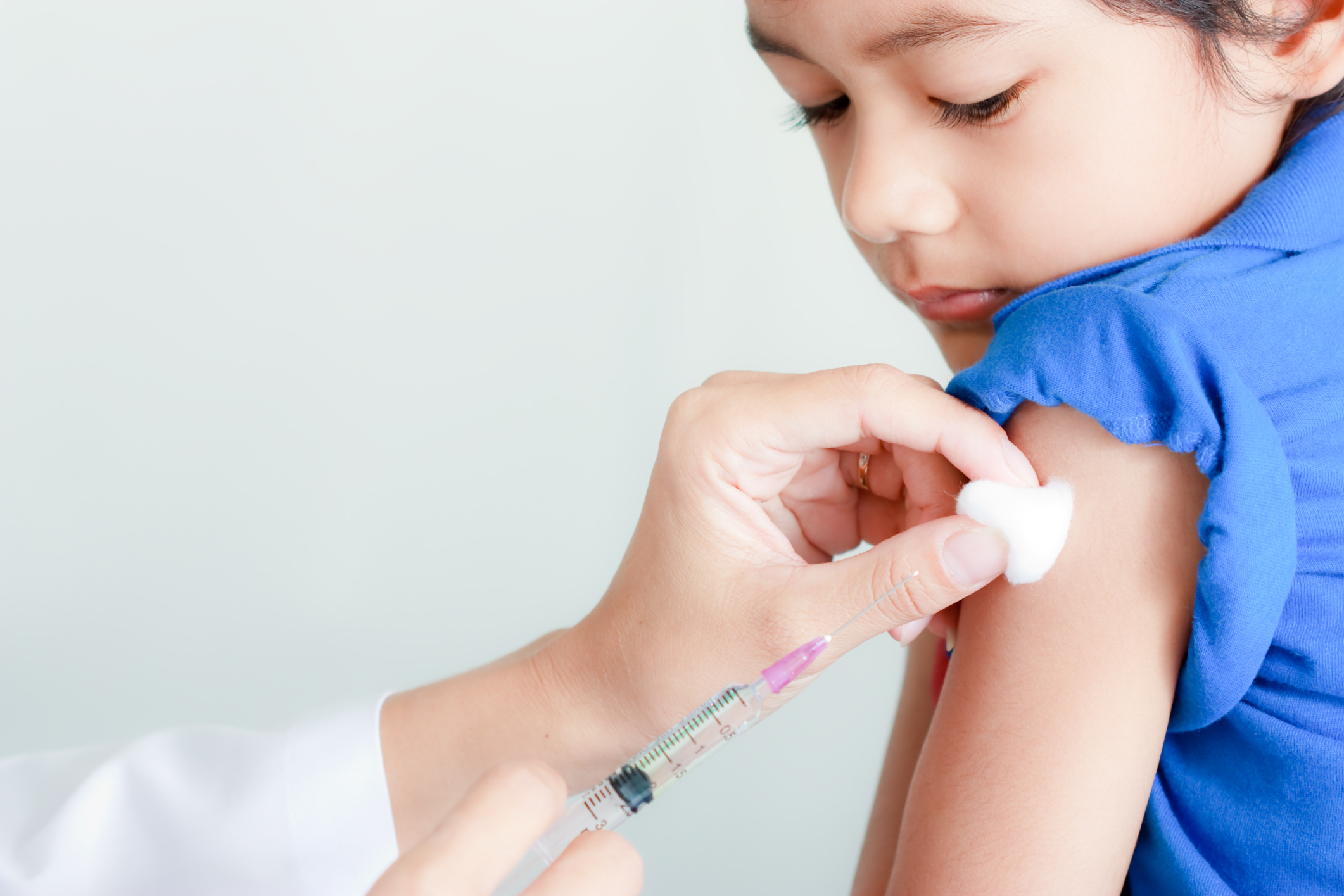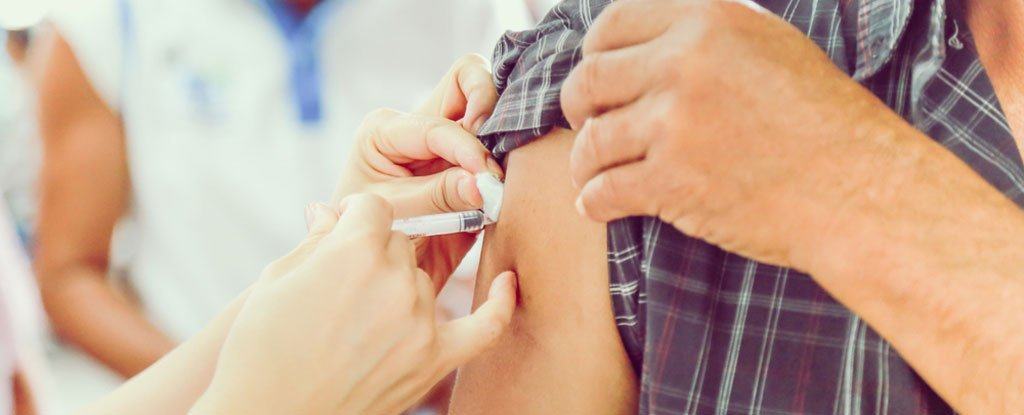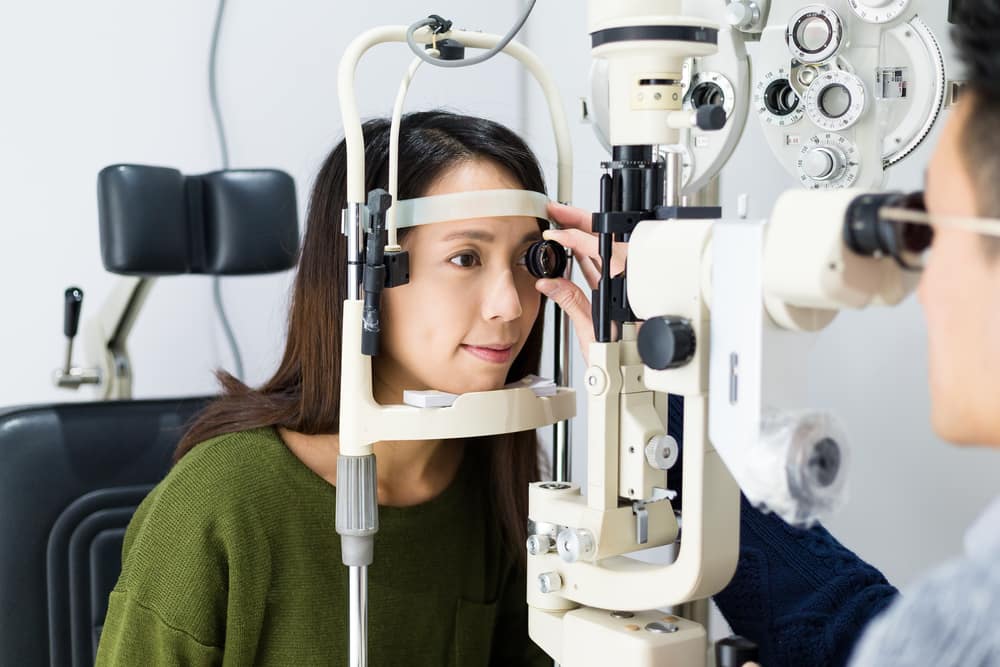Contents:
- Medical Video: The Care of Chronic Kidney Disease at Lurie Children's
- Why does this happen?
- Is this genetic influence?
- What are the long-term problems for people with a single kidney?
- How about exercise?
- What should parents do with children with a single kidney?
Medical Video: The Care of Chronic Kidney Disease at Lurie Children's
Like the eyes and lungs, most of us have two kidneys. However, as many as 1 in 1,000 babies is born with only one functioning kidney. In the past, most people did not know they had one kidney, and did not have health problems. Today most women do ultrasound during pregnancy and most babies with a single kidney are found before they are born. A group of older babies only has one kidney function due to severe malformations or other kidney obstruction.
Why does this happen?
For most babies with a single kidney, we don't know why this happens. Sometimes, that is part of a bigger problem that affects other organs, called the syndrome. For most babies, no identifiable cause can be found, although it can sometimes be associated with diabetes in the mother and certain drugs consumed during pregnancy. This is one reason to get early prenatal care.
Is this genetic influence?
For some families of children with one kidney, the risk of a second child with the same problem is very low, but this should be discussed with your pediatrician or obstetrician who might refer you to a genetic counselor.
What are the long-term problems for people with a single kidney?
Most people with a single kidney lead a normal life, provided the kidneys work normally. This is why people with two kidneys can donate one kidney to patients with kidney failure. A healthy single kidney usually grows faster than a normal kidney and will be larger than a normal kidney. This extra growth is good and helps the single kidney to do the work of two kidneys at once. However, a single kidney is not always well formed. Your pediatrician will take a test to detect problems with the kidneys. This includes:
- Blood test to check kidney function
- Imaging studies such as ultrasound to ensure kidney tissue looks normal and there is no stretch in the kidneys, where urine is collected
- Voiding cystourethrogram (VCUG) to ensure the urine does not rise back to the kidney or there is a blockage of outflow from the bladder
- Nuclear medical studies to check kidney function and ensure that urine comes out of the kidneys and into the bladder normally
- Examination of blood and urine pressure
Some individuals with a single kidney can develop kidney problems later in life such as high blood pressure or protein in the urine. The American Academy of Pediatrics (AAP) recommends infants and children with a single kidney should check blood pressure every year and their urine is tested for protein as part of their child care routine. Adults with a single kidney must also carry out regular blood and urine pressure checks
How about exercise?
Fortunately, the kidneys are located deep in the body and tend to be rarely injured compared to the head, spleen, or liver.
AAP recommends children and adolescents with a single kidney to be allowed to exercise. This decision, however, must be based on several factors, such as:
- Advice from your pediatrician
- Your child's health condition at that time
- What kind of exercise will he follow
- Position when he will play
- Level of competition
- Maturity of your child
- How often do collisions or contact with other participants
- Availability of protective equipment
- Can sports be modified to allow safer participation
- The ability of your child's trainer to understand and accept the risks that will occur
- Padding specially designed to protect the kidneys must also be considered when making this decision, although little is known about its effectiveness.
What should parents do with children with a single kidney?
Children with a single kidney should be treated no different from other children. They don't need a special diet. They, like children with two other kidneys, need regular care as recommended by AAP.



